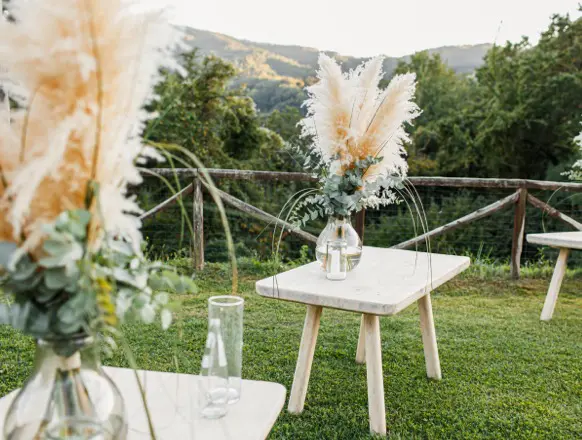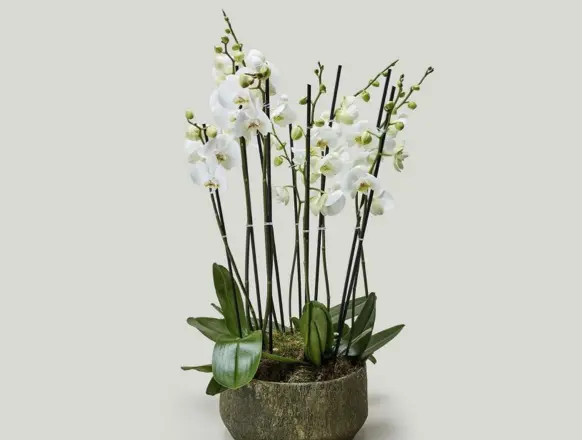Glossary
but·ter·fly ef·fect
noun
- (in chaos theory) the phenomenon whereby a minute localized change in a complex system can have large effects elsewhere.
key·stone spe·cies
noun
- a species on which other species in an ecosystem largely depend, such that if it were removed the ecosystem would change drastically.
na·tive plant
noun
- an indigenous terrestrial and aquatic species that have evolved and occur naturally in a particular region, ecosystem, and habitat. Species native to North America are generally recognized as those occurring on the continent prior to European settlement.
- There is much controversy over what “native” means to different people and groups. For this reason we will define our plants as 1. above, but we will strive to list when they are not native to New England in our plant attributes and characteristics.
graminoid
noun
1. a plant with narrow leaves, or stalks, that have grass-like characteristics. These plants include grasses sedges, and juncus.
‘Nativar’
1. a cultivar derived from native parent plants and bred for a particular trait, typically resulting in a loss of genetic diversity.
invasive species
1) non-native (or alien) to the ecosystem under consideration and,
2) whose introduction causes or is likely to cause economic or environmental harm or harm to human health.
introduced species
- an introduced species (also known as an exotic species) is an organism that is not native to the place or area where it is considered introduced and instead has been accidentally or deliberately transported to the new location by human activity.
rain garden
- is a shallow depression in a yard, planted with a
variety of deep-rooted native flowers, shrubs and grasses that can handle times of inundation and drought. - it is designed to collect and
hold rainwater from downspouts, driveways, and sidewalks for a short
time, allowing the water to slowly seep back into the ground. - it can provide food and shelter with the right types of plants, for birds,
butterflies and other wildlife. - it can also filter toxins and pollutants from the runoff, keeping it out of clean bodies of water.
mead·ow
noun
- a field where grass and wild flowers grow.
spe·cies
noun
BIOLOGY
1. a group of living organisms consisting of similar individuals capable of exchanging genes or interbreeding. The species is the principal natural taxonomic unit, ranking below a genus and denoted by a Latin binomial, e.g. Homo sapiens.
2. A biological species is a group of organisms that can reproduce with one another in nature and produce fertile offspring.





